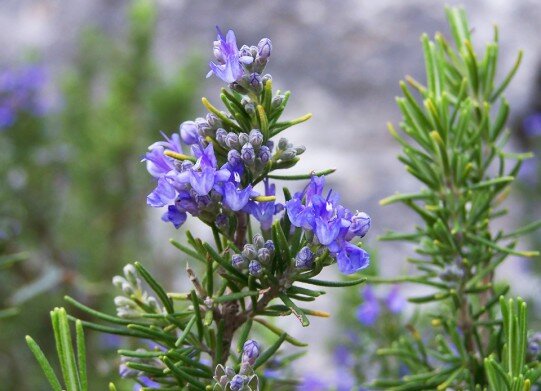The Link Between Alzheimer’s Disease And Sugar
My grandmother used to call it "sugar disease" and when studies revealed a shocking link between insulin and brain cell deterioration, some doctors referred to it as "type 3 diabet...
Read MoreAlzheimer’s disease is the most common form of dementia in the UK, effecting approximately 850,000 people. It is a progressive mental deterioration that can occur in middle or old age, due to generalised degeneration of the brain affecting multiple brain functions including memory. The exact cause of Alzheimer’s disease is unknown, yet there are a number of risk factors for the condition, namely: increasing age, a family history of the disease, previous severe head injuries and lifestyle factors such as cardiovascular disease.
Despite their attempts, the pharmaceutical industry has failed to deal a hammer blow against the progression of Alzheimer’s. Despite early successes in the clearance of amyloid plaques, the prospective Alzheimer’s drug, aducanumab, was found to hit a snag in that it allows leakage of fluid into the brain, a condition that could itself trigger cognitive impairment.
Despite the fact Alzheimer’s clinical trials have doubled since 2013 the mainstream is still struggling to come up with an effective treatment that can actually slow down the progression of Alzheimer’s disease. Millions of people are wracked with fear that there is nothing that can be done to prevent this disease from destroying their precious memories.
Fortunately, there have been some breakthroughs on the alternative health front, like astaxanthin – the pigment that gives salmon their pink colour – which has shown promise in reducing the risk of developing dementia. Regular tea consumption has also been found to help lower your risk of developing age-related cognitive impairment by as much as 63 per cent. Other natural alternatives include the traditional Indian berry, ashwagandha, which was shown to help eliminate plaques as well as reduce oxidative damage in the brain.
When it comes to protecting your precious memories the Daily Health is here to bring the latest alternative health breakthroughs to show you that there are safe and effective ways to combat cognitive impairment.

My grandmother used to call it "sugar disease" and when studies revealed a shocking link between insulin and brain cell deterioration, some doctors referred to it as "type 3 diabet...
Read More
Chicory, also known as succory or coffeeweed, has long been revered for its many health benefits including being a liver tonic, relieving upset stomachs, calming the nerves, regula...
Read More
You've seen this headline splashed all over the news recently: "Statins cure Alzheimer’s". This is the claim made by the mainstream media, based on the results of a new major st...
Read More
It's not often that we write in favour of pharmaceutical drugs, unless they offer real hope of a breakthrough especially when it comes to serious diseases like Alzheimer's disease....
Read More
Let's face it, growing older has many blessings — seeing your grandchildren grow up, enjoying your retirement and having far fewer stresses once you leave the daily grind of the...
Read More
With all the doom and gloom doing the rounds lately, I thought it might be a good idea to begin this week on a positive note: Researchers recently concluded a breakthrough study wh...
Read More
Recently, the results of a new Alzheimer's drug trial were published in the journal Nature. The drug, called aducanumab, has been hailed as the first of its kind to remove the buil...
Read More
Even sceptics from the mainstream medical industry are calling this discovery remarkable: rosemary could help slow Alzheimer's development and markedly improve even healthy patient...
Read More
Benzodiazepine drugs, like Xanax and Valium are widely prescribed heavy-duty psychoactive drugs given to people who suffer with anxiety or insomnia. Recent research, published in...
Read More
Back in 2008, we told you about a study, conducted by researchers at Johns Hopkins Alzheimer's Disease Research Centre, which showed that vitamin E may have a positive effect on th...
Read More
